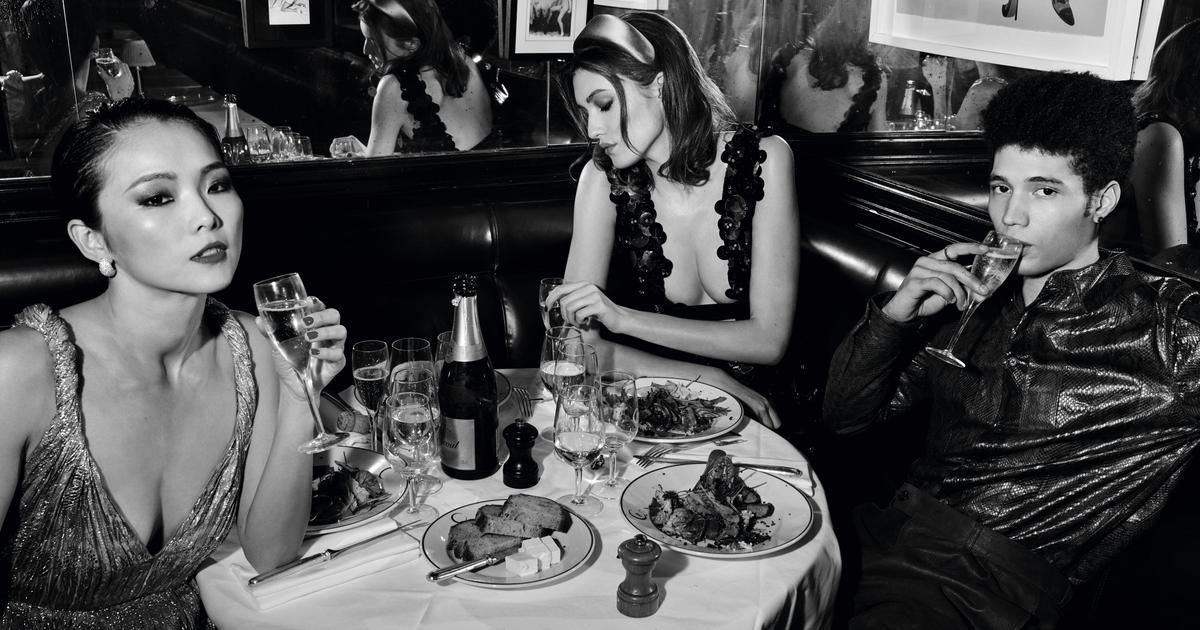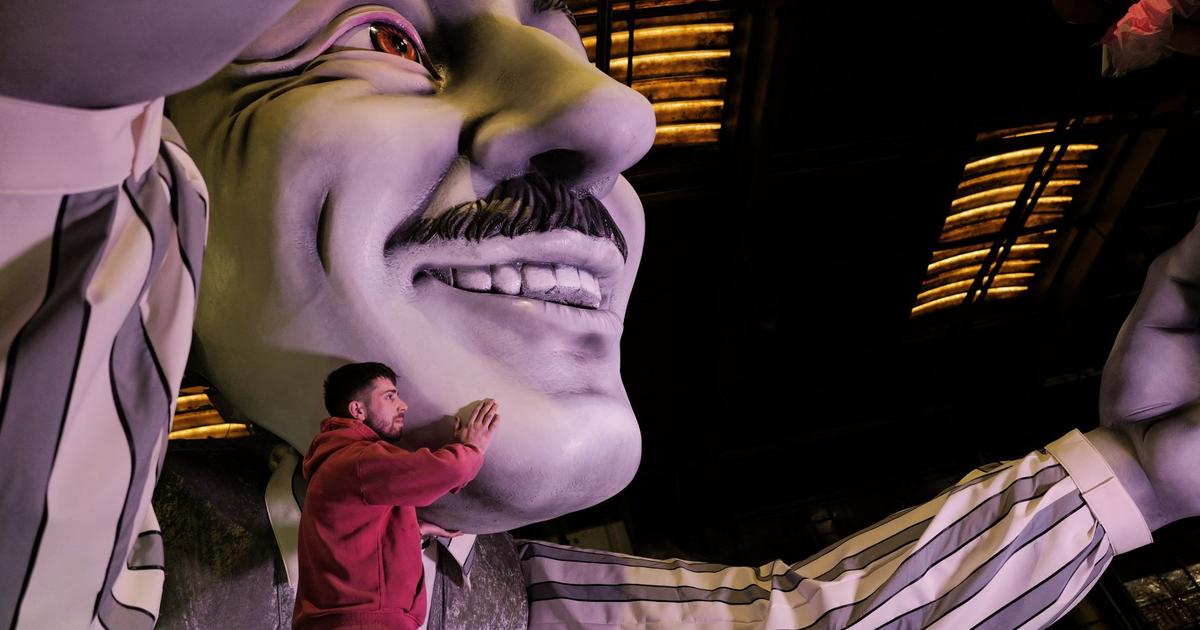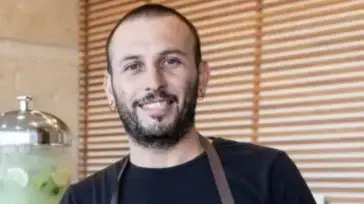Carnival season obliges, let's celebrate the jubilation of being able to share without restraint the happiness of being together and of rediscovering the pleasure of popular jubilation, after the two years of abstinence imposed by the pandemic.
Mardi Gras or not, do we still know how to celebrate, dance and feast, sometimes to excess?
Author of
Partying.
For a sociology of joy
*, the sociologist Philippe Steiner is convinced of this.
To discover
Watch the Business Masterclass “Investing can be learned” in replay
In video, Madonna's very stylish New Year's party in Malawi
Premeditated pleasures
Instinctive, the feasts?
Not organized, the parades, fairs and feasts?
Starting from nothing and nowhere, these festivities that enchant us and take us, supposedly freely, into a whirlwind of pleasures?
Of course not.
“Deciding on a party is wanting something to happen.
But contrary to the doxa which associates celebration and spontaneity, the festivities are carefully planned.
Whether private or public, they require a lot of organization.
For some, months in advance”, recalls Philippe Steiner.
According to his study of popular celebrations, in particular those of Bayonne (which have taken place every July since 1934, with the only interruptions of the German occupation and the two years of the coronavirus), the academic has identified four elements to take into account in the definition of a party.
“There must be an inviting power, a place, a date and an invited power.
The guests, of course, are the focal point.
For the party to be successful, they must come, there must be a crowd.
The party is a shared pleasure that requires work upstream.
Deciding on a party is wanting something to happen
Philip Steiner
Pretext to meet people, to share memories on social networks, to say to each other between participants “Hey, do you remember?”
or to brag about a "I was there", the festive event is an opportunity to discover and to discover oneself.
“We are happy to see people, to be in the movement, even if it means sometimes finding ourselves in a hand-to-hand fight that takes you away, a happy promiscuity where we talk to each other, smile at each other.
We exchange a drink, we possibly do “mischief”.
Laughter, songs, cries, music, the party is a bubble of noise that envelops us.
“It participates in the elevation of the vital tone, observes Philippe Steiner.
The great social ideals have always been created during these gatherings, especially during religious holidays or political meetings.
Celebrities celebrated the New Year 2023
In images, in pictures
See the slideshow17 photos
See the slideshow17 photos
revenge of life
"We still want to live in society and experience joy," says the sociologist.
However, the coronavirus had transformed this “relational machine into a poisoned machine”.
He adds: “Instead of participating in social life, the party was no longer envisaged as communion with others, but a selfish transgression of public health rules.
It broke with the idea of welcome, conviviality and common life.
Once the pandemic was behind us, the celebrations resumed as before.
Following the disarray, including economic, of the series cancellations in 2020 and 2021, festivals and cultural gatherings have regained their cruising speed.
More than 2,500 per year in France.
Too much, some say.
The essayist Philipe Murray (disappeared in 2006) had in his time, nicknamed the
Celebrating is not forgetting, it's the possibility of putting aside the tragic for a moment
Philip Steiner
With all his strength, Philippe Steiner disagrees with the idea of this contemptuous qualifier "supposed to represent the stupidity of French society".
As he rebels against “this current of thought which tends to take up the tragic vision of Saint Augustine and Pascal, according to which serious life is oriented towards the beyond and death.
Everything else is just entertainment to keep you from thinking about it.
Should foreknowledge of our certain end keep us from enjoying ourselves?
In these times of restrictions and war on our doorstep, should we put a soft pedal on our bacchanalia?
"In no way," says Philippe Steiner.
Celebrating is not forgetting, it is the possibility of expressing our exaltation and putting aside the tragic for a moment.
Even knowing that we will find him once the party is over…”
* PUF editions, 388 p., €23. In bookstores February 22.









